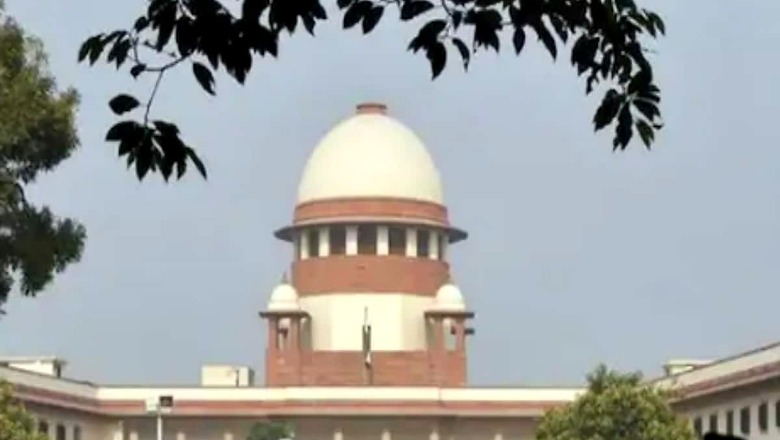
views
New Delhi: The Supreme Court on Tuesday termed as "unfair" the submission that Maharashtra was not heard fully when it had stayed the implementation of the state law to provide reservation to Marathas in jobs and education. A bench comprising justices L Nageswara Rao, Hemant Gupta and Ajay Rastogi listed the pleas seeking to lift the stay on the quota law for hearing after four weeks.
During the brief hearing, senior lawyer Mukul Rohatgi, appearing for the Maharashtra government, said the state was not heard fully at the time of the passing of the order. "This is not fair," the bench observed during the hearing conducted via video-conferencing.
The apex court had stayed the implementation of the 2018 Maharashtra law granting reservation to Marathas in education and jobs last month, but made it clear that the status of those who have availed of the benefits will not be disturbed. The Maratha community accounts for 30 per cent of the population in Maharashtra and it cannot be compared to marginalised sections of the society, it had said, adding that as mandated by Article 145(3) of the Constitution, these appeals challenging the high court order on the Maratha quota require to be considered by a larger bench.
"In view of our decision to refer these appeals to a larger bench, we do not consider it necessary to adjudicate on the other points raised by the applicants," the top court had said. According to the 102nd amendment to the Constitution, reservation can be granted only if a particular community is named in the list prepared for the purpose by the president.
Earlier, the Maharashtra government had filed an application, seeking vacation of the apex court's stay on the implementation of the Maratha quota in jobs and education amidst protests by pro-quota organisations representing the community in parts of the state over the issue. The apex court had said it is of the prima facie opinion that the Maharashtra government did not show any extraordinary situation for providing reservations to Marathas in excess of the 50-per cent cap fixed by the court in its 1992 verdict, also known as the "Mandal verdict".
It had said that appointments to public services and government posts and admissions to educational institutions for academic year 2020-21 shall be made without applying the 2018 state law providing for the Maratha quota. The Supreme Court had also said the implementation of the 2018 state law during the pendency of these appeals will cause an irreparable loss to the candidates belonging to the open category.
The Socially and Educationally Backward Classes (SEBC) Act, 2018 was enacted to grant reservation to the members of the Maratha community in jobs and education in Maharashtra. The Bombay High Court, while upholding the law in June last year, had held that a 16-per cent reservation was not justifiable and said the quota should not exceed 12 per cent in jobs and 13 per cent in admissions to educational institutions.
.
Read all the Latest News and Breaking News here













Comments
0 comment